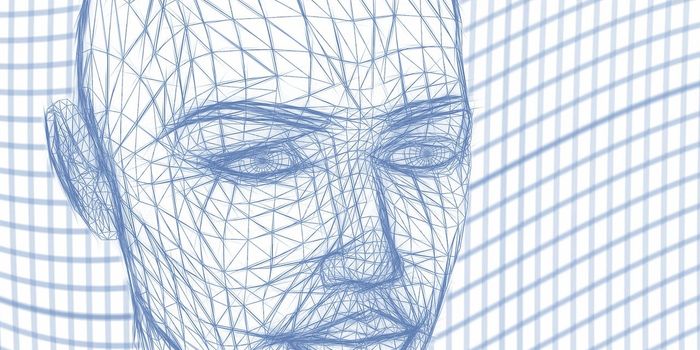Beyond Annoying, Noise Is Bad For Your Health
Peace and quiet are hard to come by these days. Cities are rife with noise pollution from a significant number of sources. Everything from automotive traffic, to air-conditioning units, to your neighbor's unfortunate music selection contribute to the overall noise pollution a city dweller may experience.
Interestingly, our definition of noise is somewhat dependent on our perception of the sounds we experience. For example, what may be a favorite song to one person might be nothing more than noise to another. This means that noise has two components. The physical component is the sound itself, while the psychological component is what causes an individual to label a sound as unwanted.
This seemingly unavoidable stressor has an incredible impact on our health. You may be thinking this impact extends no further than damaging your hearing, but the consequences are much more significant.
In 2011 the World Health Organization (WHO) estimated that 1.6 million healthy life years are lost annually to noise exposure. This figure counts only for the Western European member states. It is easy to see, based on that figure, how serious a problem noise pollution really is.
Luckily, there are many steps we can take both as communities and as individuals to help reduce the negative impact of noise on our health.
In the above video, noise researcher Mathias Basner discusses exactly how noise influences our health and what protective measures we can take for our health. Soundproofing, for example, can be one of them.
Source: TED, The World Health Organization









